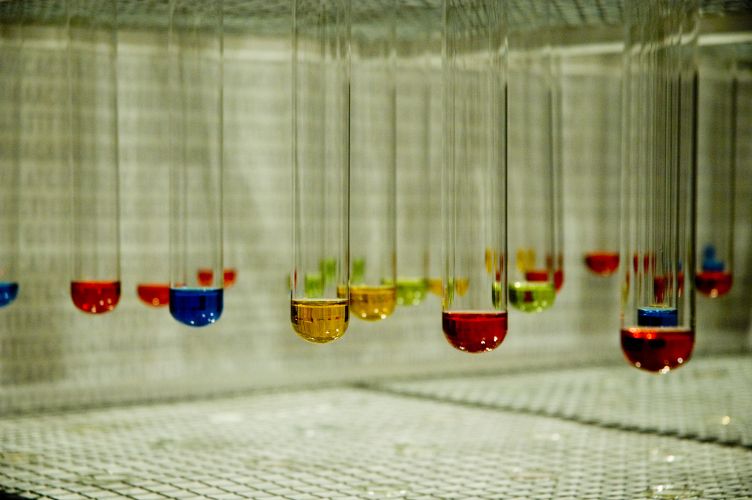My summer lab placement on the continent
Tell me a little about the programme you were on.
I was on the Amgen Scholars programme. They have three host universities in Europe and I was lucky enough to work at the Max-Planck Institute of Biochemistry in Munich, Germany. So for ten weeks of the summer I was working on the characterisation of protein disaggregation in mammalian cells, using firefly luciferase mutants as a model protein in HeLa cells.
Why did you want to work abroad?
I thought it would be amazing to experience a different culture, and I also thought that it would mean I could get a bit of a holiday and the placement wouldn’t feel too much like work.
What did a typical day involve?
I would wake up at 8am and travel 40 minutes to Munich to get into the lab for 10am. The work I would be doing depended on the day of the week. Monday would be the beginning of the experiment, so I would need to check and split my cell lines (removing a portion of cells from one dish so they could be used in a different experiment) and this would take a couple of hours.
Every afternoon, I would read journal articles in the lab to get some more background information on the research I was doing. The latest I would leave the lab would be 7pm. I also had to go in on some weekends to check on my cells.
Was it expensive working abroad?
Not at all, as the programme reimbursed me for my plane tickets and paid for my accommodation. The placement was paid, too, so I could cover my food and living costs.
What was the best thing about the programme?
As much as I really enjoyed working in the lab and developing my lab techniques, I would say the opening retreat was the best start to the programme. We spent five days in the stunning Bavarian countryside and it was an opportunity for all of the 25 students on the programme to get to know each other before the lab work started.
What did you do outside of the lab?
I ate a lot of ice cream and schnitzel, and went on day trips, including to Regensburg, Salzburg and Berlin, and also visited the Dachau concentration camp.
Has your experience affected your career plans?
It hasn’t made me alter my immediate career plans, but I do feel as though it has made me think about possibilities other than medicine that I could pursue after my degree. I really enjoyed the project and am now considering doing a PhD at some point in the future. It has also made me consider the possibility of moving abroad for work – I could definitely see myself living in Munich, as it was so relaxed but still had a city pace of life.
Did you find the language barrier problematic?
I couldn’t speak a word of German before I went – I didn’t even know how to say “good morning”! Luckily, however, we were given two courses at the beginning of the programme to introduce the language.
I also picked up some phrases as the programme went along, but there were many international students working in my lab so at work we could just speak English.
Will you be able to apply what you have learnt from the programme to your course?
Yes, absolutely – the lab techniques that I used will be invaluable for carrying out my final year lab project.
Part of the programme involved presenting our research so this helped develop my presentation skills, and I learned to be a lot more confident. I would definitely recommend the experience to anyone interested in scientific research.

Comments